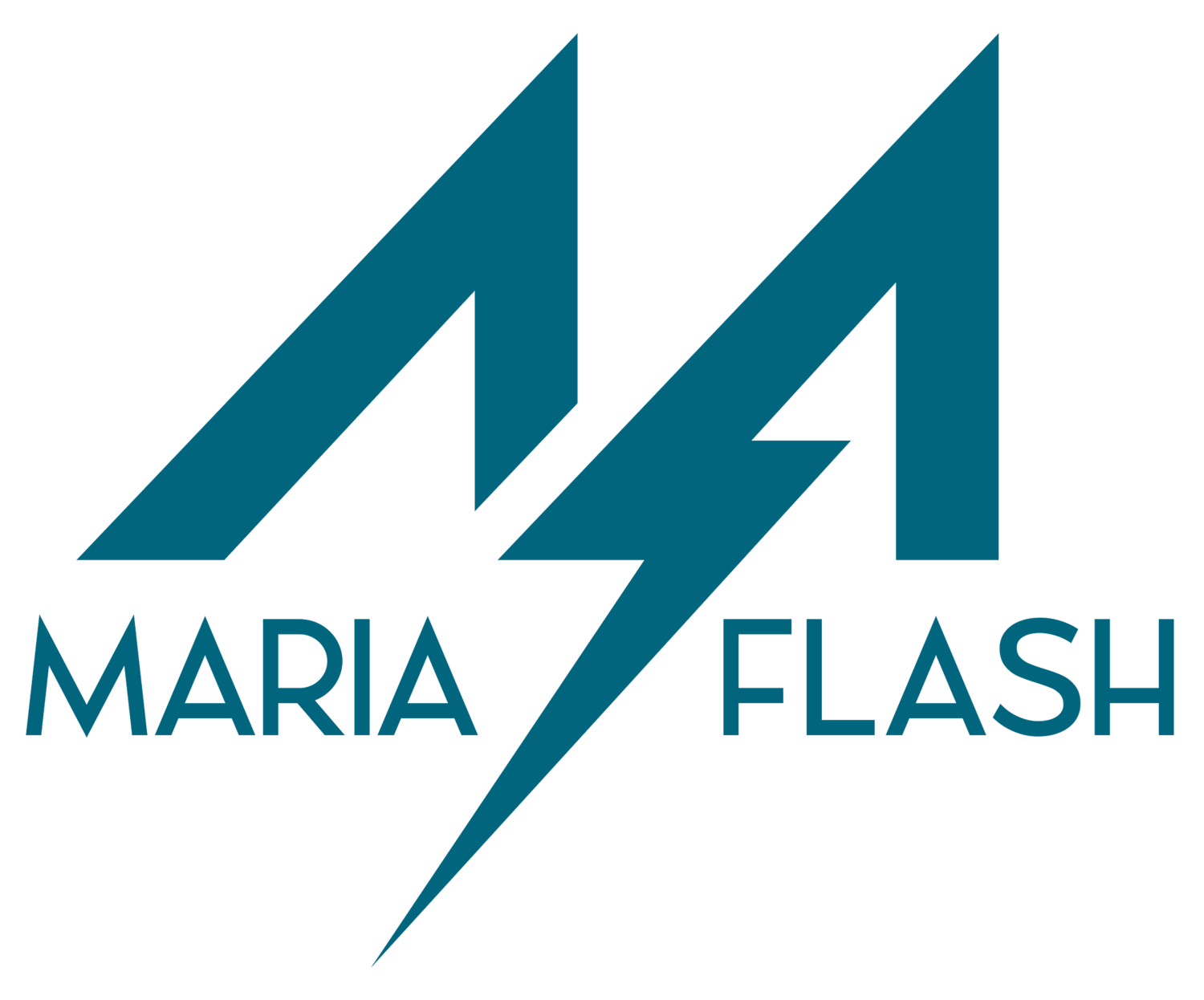Oliver Stone in Dallas:
Texas Theatre and the Time Spiral
Text and Photos by: Maria Flash
"Give me your best shot," I told Oliver Stone as I adjusted my lens. The legendary director, who had maintained a serious demeanor until then, looked at me and burst into laughter. The moment felt surreal – here I was, giving directions to a man who had directed some of American cinema's most influential films.
The phrase wasn't random; it's actually a recurring line in Talk Radio, one of four films Oliver Stone showcased that week at the Texas Theatre. The retrospective, born from years of planning and the close relationship between Stone and acclaimed critic Matt Zoller Seitz, featured JFK, Natural Born Killers, Born on the Fourth of July, and Talk Radio – four stories deeply rooted in Dallas's soul. Each screening concluded with a conversation between Zoller and Stone, offering viewers a rare glimpse into the director's vision.
Landing a photo shoot with Stone on the final day of screenings was nothing short of an odyssey. Firm rejections gradually softened into maybes until finally becoming the coveted yes. When Matt Zoller Seitz opened that door and gave me the green light, I knew I had my chance with the legendary director. The catch? Five minutes. That's all I had to capture an icon of cinema.
The most powerful moment of the retrospective came during the JFK screening, as the Texas Theatre transformed into a time machine. Three moments collided in that space-time: the historic 1963 arrest of Lee Harvey Oswald, its cinematic recreation in Stone's film, and now Stone himself sitting in that very same spot during the screening.
The audience a mix of cinephiles, film enthusiasts, production crew members, and extras – burst into spontaneous applause, fully aware of the moment's profound historical and poetic weight.
Natural Born Killers is one of my favorite films of all time. Stone crafted a visceral, chaotic narrative that holds up a mirror to society's darkest obsessions: our fascination with violence and media spectacle. Through Mickey and Mallory, two Dallas criminals turned media celebrities, he reveals how our system glorifies transgression and transforms violence into entertainment.
The film resonates even more strongly in today's hyperconnected world, where social media and digital platforms amplify violent content for mass consumption. In this era of "true crime," media ethics debates, and real-time tragedy viralization, we live in a culture that rewards the grotesque, blurs the lines between infamy and fame. How conscious are we as content consumers? How does this consumption shape our collective identity.
Talk Radio turned out to be the retrospective's unexpected gem. Barry Champlain's story, adapted from Eric Bogosian's play and inspired by radio host Alan Berg's 1984 murder by one of his listeners, feels strikingly relevant in today's landscape of podcasts and social media. The angry calls of the '80s have evolved into toxic Twitter threads, ruthless TikTok live comments, and inflammatory social media posts. Today's trolls, no longer forced to wait on hold, react and post immediately with a push of their fingertips.
The film confronts us with the weight of having a public voice. While blurting out whatever shocking thing for attention, followers, or viral fame has become a priority, we often lose sight of the consequences. Each word's impact extends beyond microphones, screens, and keyboards. Every platform represents a privilege demanding deep reflection – about the ripple effects of what we share, the relationship between cause and effect, and how our voices can transform society.
Born on the Fourth of July stands as a masterclass in depicting American society through cinema. Shot right here in Dallas, it tells the incredible story of Ron Kovic, a Vietnam vet who transformed into a peace activist. The film challenges us to look past reductive hero-villain narratives, illustrating how political decisions shape lives. In today's climate of ideological division and heated debates over rights, inequality, and polarization, its message carries more weight than ever
The magic of these screenings was watching Stone weave this beautiful conversation across time, turning each film into a mirror where we could see ourselves - all our messy, complicated glory. The Texas Theatre became this amazing space where different eras crashed into each other, showing us that Stone doesn't just film history - he gets in there and wrestles with it. From the intense close quarters of Talk Radio to the mind-bending recreation of events in JFK, his films keep asking us the big questions: What are we doing with all this information coming at us? What really matters to us as a society? Stone's not just asking us to watch - he's daring us to think about our own role in this whole story we're all writing together.
MORE ARTICLES
Kelly Cornell Dallas Art Fair Director
Dallas Art Fair 2024
Featured Latin American Artists DAF2024
Oliver Stone en Dallas
Spanish version
Kelly Cornell Dallas Art Fair Director
Spanish Version
Original version published in spanish in Latinos TX Magazine in December 2024
All Rights reserved copyright Maria Flash - Maria Elisa Duque









